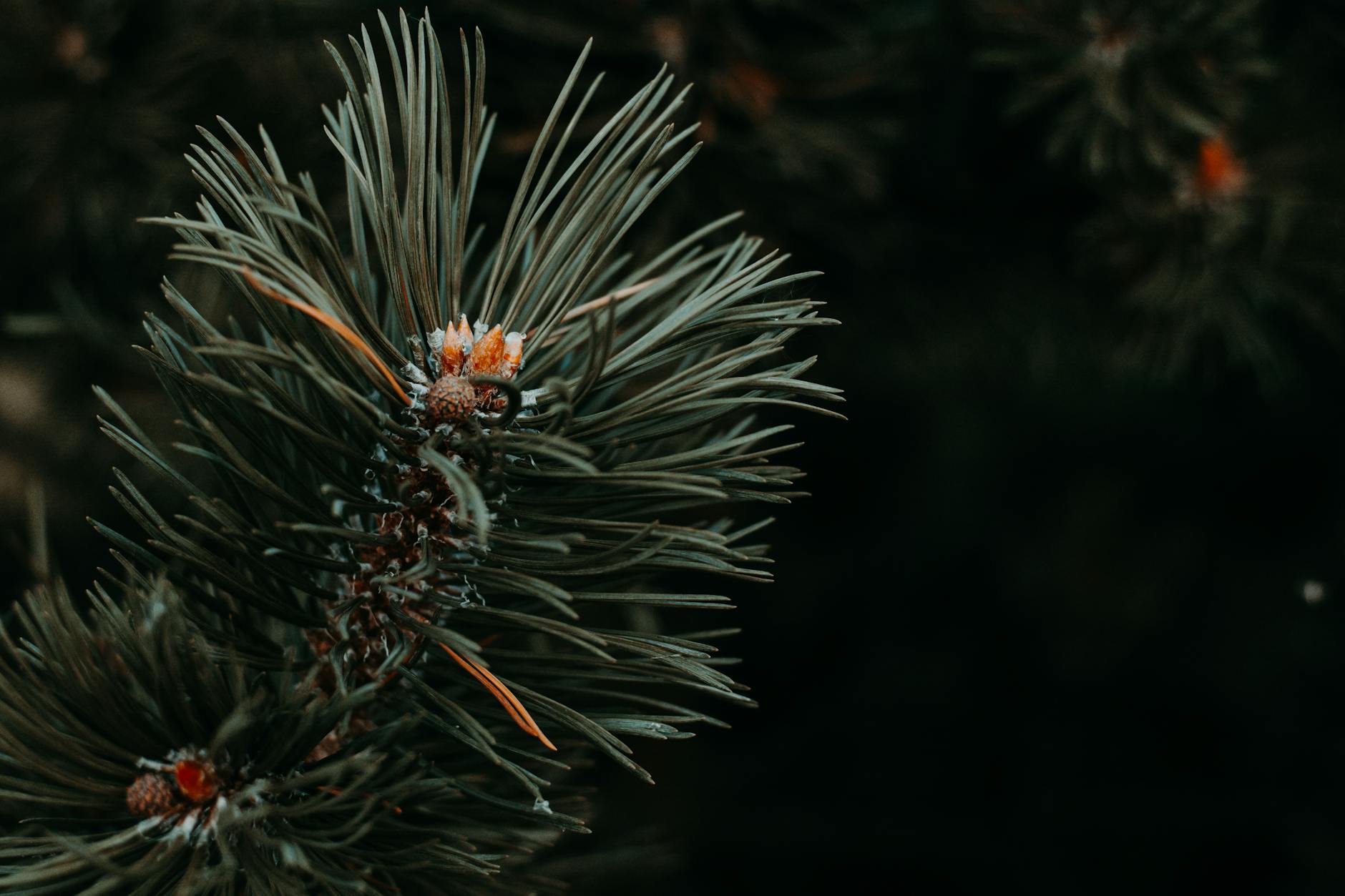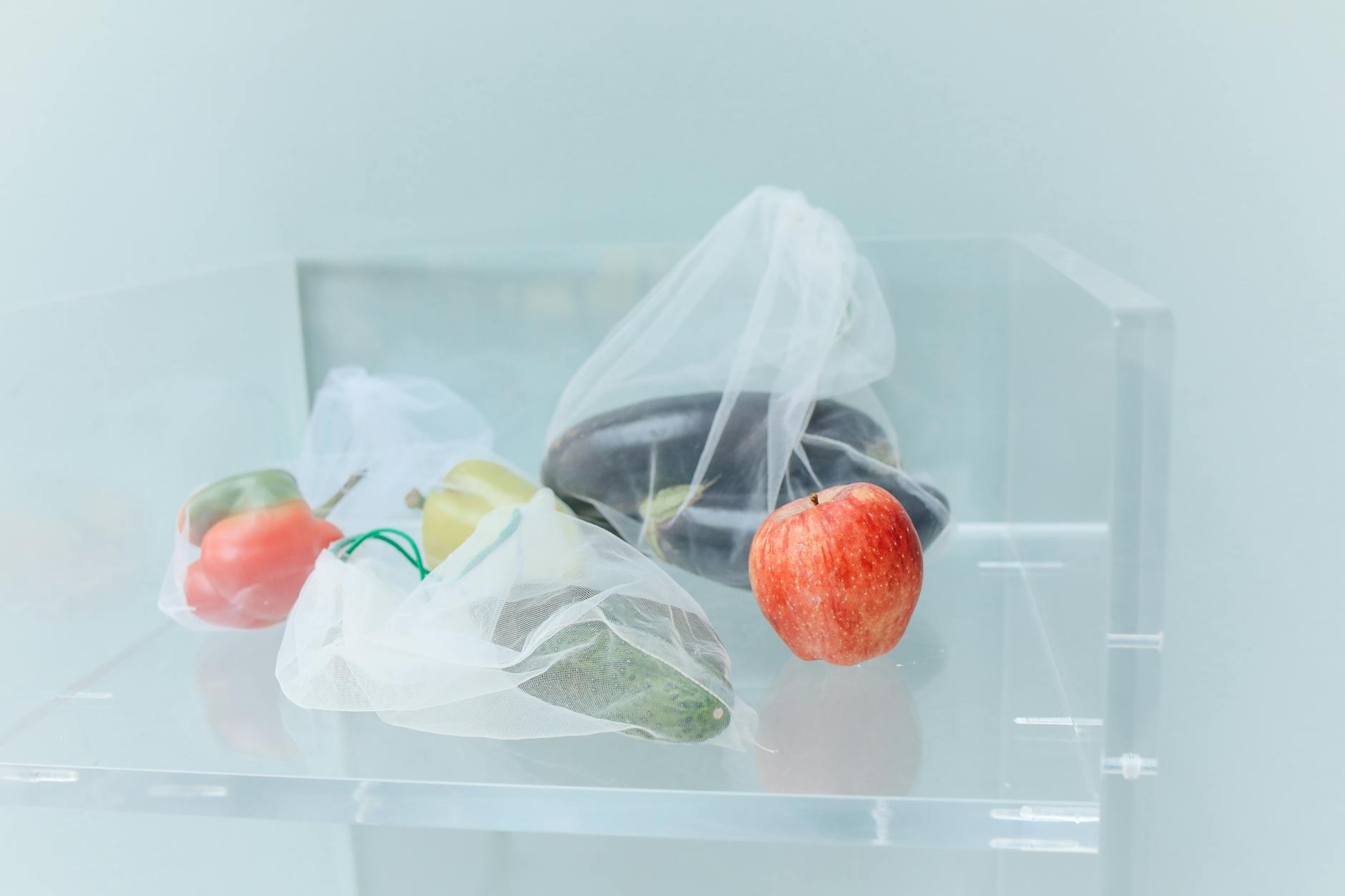Biodiversity Conservation: Must-Have Ecological Balance Tips
- Why Biodiversity Conservation Matters
- Emphasizing Habitat Preservation for a Thriving Ecosystem
- Promote Native Plants for a Biological Backbone
- Support Conservation Initiatives and Community Efforts
- Eco-Friendly Practices at Your Personal Level
- Ecological Balance: The Goal of All Conservation Efforts
- Final Thoughts on Biodiversity Conservation
Biodiversity Conservation: Must-Have Ecological Balance Tips
Biodiversity conservation is the urgent music of our time, echoing through our forests, oceans, and even our backyards. If you’ve ever looked around and thought, “Wow, nature is pretty intricate,” then you’re already on the praise team! Now let’s explore how to keep that intricate dance of life flourishing through essential practices that promote ecological balance.
Why Biodiversity Conservation Matters
First of all, what’s all the fuss about conserving different kinds of life? Beneath the surface, most of the earth’s processes depend on a thriving web of diverse species—think of it as a global fancy restaurant where each dish has a counterpoint to keep the flavor balanced. To put it simply: when we lose our biodiversity, we risk losing vital services such as pollination, water purification, climate regulation, and even the production of clean air and food.
Fun Fact: Did you know that over a million species are currently threatened with extinction? And no, that’s not an ongoing world-ical drama—just the bare facts.
Emphasizing Habitat Preservation for a Thriving Ecosystem
The foundation of any mixed salad of life is habitat preservation. Without healthy habitats, the species that live there will face greater challenges to survive, and their decline can set off a domino effect downstream. Think of hitting “pause” on planting or protecting rainforests, wetlands, or coral reefs as removing the anchorage of an anchovy advert—everything floats away!
To support habitat preservation:
– Avoid destroying or overexploiting natural ecosystems.
– Establish protected areas that serve as refuges for native wildlife.
– Limit urban expansion and encourage eco-friendly infrastructure.
Trust me, no one wants an overgrown city lane that doubles as the local wildlife highway!
Promote Native Plants for a Biological Backbone
The charm of native plants is that they’re not just the flora that happily hummed along before humans whipped out their gardening gloves—they are your true ecological all-stars. Native plants have co-evolved with local fauna, meaning they are a critical component for feeding, sheltering, and breeding native animal species.
Why fuss over native plants? Here’s the scoop:
– They require less water, fertilizers, or pesticides.
– Encourage native insect populations, which in turn approach the harmony of a successful tea party—lively, balanced, and flourishing.
– They maintain the soil and sunlight balance naturally, allowing healthier ecosystems to blossom.
So next time you’re tempted to ասել、“I just need a splash of azalea,” ask yourself, “Could this be the star native to my backyard?” Remember, even small gardens dedicated to native plants shine brighter in ecological balance.
Support Conservation Initiatives and Community Efforts
While creating your sustainable little habitats at home certainly counts, much of the heavy lifting comes from community and global efforts. Think of your support as a “global group hug” for nature.
– Donate or volunteer with conservation organizations that focus on habitat restoration.
– Spread awareness about the importance of biodiversity through blogs or social media.
– Lobby for strong environmental policies that prioritize sustainable resource management and habitat protection.
It’s not all about waving banners—in fact, your voice or small donation can make a giant ecological change, especially when standardized with friends or through organized groups!
Eco-Friendly Practices at Your Personal Level
Now, let’s get a little personal—because every little bit helps! Here are some no-brainer tips to bring ecological balance into your life:
– Reduce, reuse, or recycle to cut down on waste and pollution.
– Limit the use of pesticides and herbicides which often harm non-target species.
– Compost organic waste; give leftovers a second egg—I mean, life.
– Practice responsible water use—every drop counts more than you think.
– Avoid businesses and products with a bad environmental record—vote with your wallet.
Adopting eco-friendly habits might не make you a superhero, but it will gradually elevate you to the local Nobel Peace Prize contender for environmental kindness.
Ecological Balance: The Goal of All Conservation Efforts
The crux of all these activities is really about maintaining ecological balance—a delicate joyride where each species, plant, and organism finds its space to flourish without overwhelming others or causing chaos.
Here’s what keeps us riding smoothly:
– Diversity in plants and animals prevents vulnerabilities from pests or diseases.
– Resilient ecosystems can adapt better to climate change.
– A thriving web of life ensures that services such as clean air, water, and fertile soils remain abundant.
Think of ecological balance as a tightrope walker—every step has to be precise, and if one element falls, the whole circus might wobble!
—
Final Thoughts on Biodiversity Conservation
Few things are as rewarding as wrapping your efforts around guarding Earth’s richest treasures—its wildlife and landscapes. It doesn’t take a superhero cape—the equivalent capes are your conscious choices and ígnorance avoidance.
By focusing on habitat preservation, incorporating native plants, supporting conservation initiatives, and living eco-consciously, every person can contribute to building resilient, balanced ecosystems. Remember, sustainability isn’t a sprint; it’s a lifelong dance that benefits everyone—on this lovely, balanced planet.
So, take a deep breath, plant a native flower, kick back in a protected forest, and remember… the health of our world is a mirror reflecting the care we put into its future. Let’s make sure it’s shining in all its ecological glory!

editor's pick
latest video
news via inbox
Nulla turp dis cursus. Integer liberos euismod pretium faucibua






